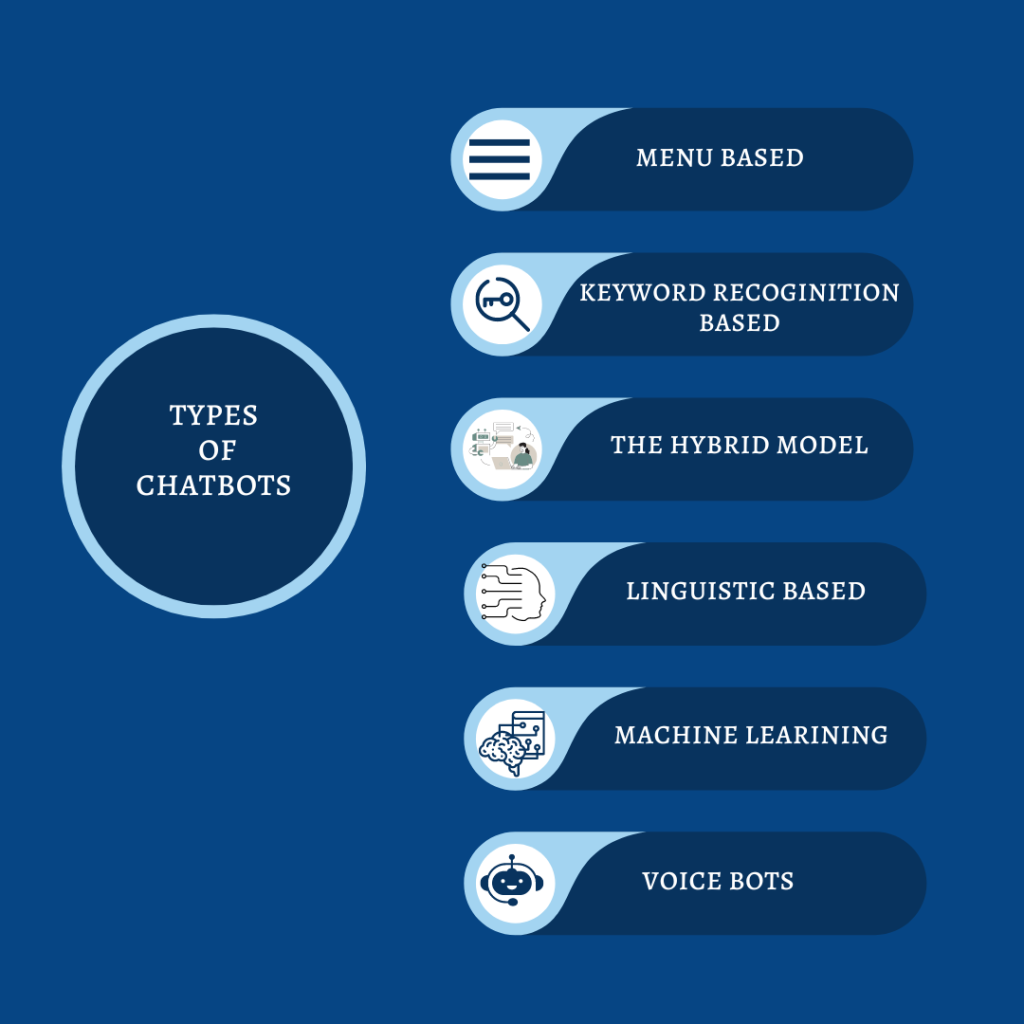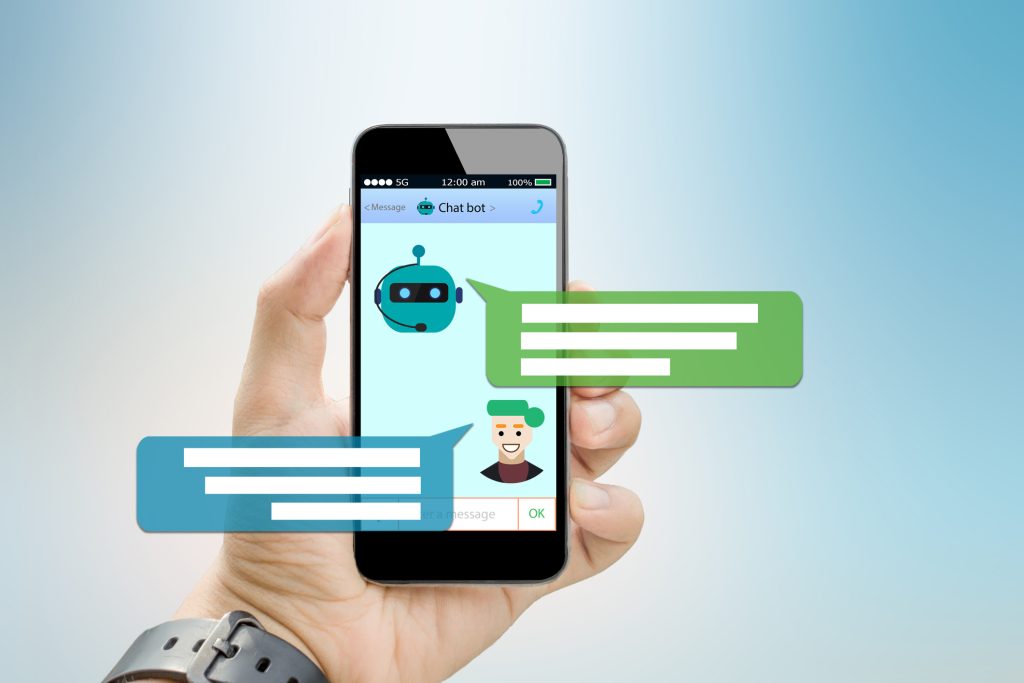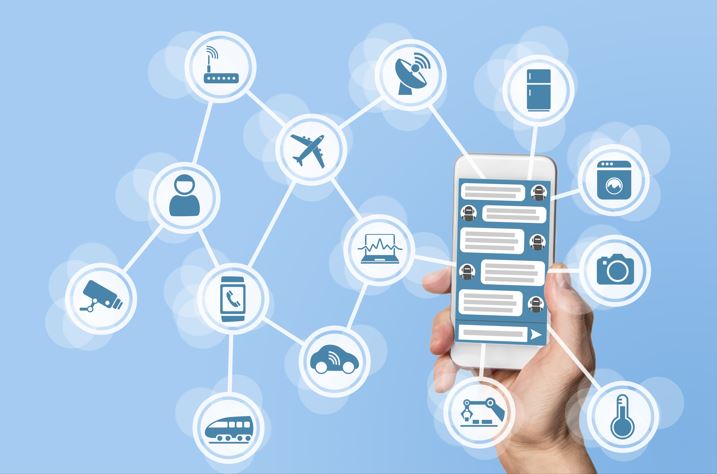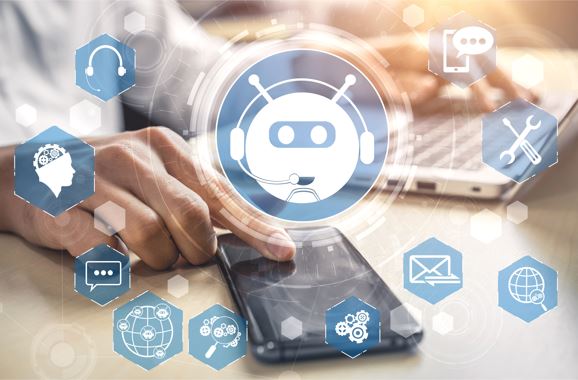The rapid advancements in technology have brought many innovations and trends that have revolutionized the business world. One such innovation is the rise of chatbots. Chatbots are automated messaging software that can simulate human conversations through chat interfaces, such as text or voice. They have become increasingly popular among businesses, as they offer many benefits, including enhanced customer satisfaction, increased efficiency, and reduced operational costs. In this article, we will explore the advantages of chatbots and how they can help businesses revolutionize their operations, customer service, and overall performance

Types of Chatbots:
1. Rule-based chatbots: These chatbots operate based on pre-defined rules and can only provide responses to specific commands or questions.
2. AI-powered chatbots: These chatbots use machine learning and natural language processing (NLP) algorithms to understand and respond to user queries.
3. Virtual assistant chatbots: These chatbots are designed to perform specific tasks, such as booking flights or scheduling appointments.
4. Hybrid chatbots: These chatbots combine both rule-based and AI-powered capabilities to provide more personalized responses to users.
5. Social media chatbots: These chatbots are designed specifically for use on social media platforms, such as Facebook Messenger or Twitter, and can respond to messages and engage with users on these platforms.
6. Voice-activated chatbots: These chatbots are designed to interact with users through voice commands and can be found in devices such as smart speakers or virtual assistants like Amazon Alexa or Google Assistant.
The Benefits of Chatbots for Businesses

- Improved Customer Satisfaction: One of the primary benefits of chatbots is that they can significantly improve customer satisfaction. Chatbots are available 24/7 and can provide instant responses to customer queries, thus reducing response time and enhancing customer engagement. Additionally, chatbots can personalize customer interactions by analyzing previous conversations and using that information to provide tailored responses. This personalized approach can make customers feel valued, leading to increased customer loyalty and retention.
- Increased Efficiency: Chatbots can automate many routine tasks, such as answering frequently asked questions, scheduling appointments, and processing payments, thus reducing the workload of customer service representatives. This automation can significantly increase efficiency and productivity, allowing businesses to focus on more complex tasks that require human intervention. Moreover, chatbots can handle multiple conversations simultaneously, which means that they can handle a much higher volume of queries than a human representative, reducing wait times and increasing customer satisfaction.
- Reduced Operational Costs: Another significant advantage of chatbots is that they can help reduce operational costs. Hiring and training human customer service representatives can be costly, and the cost increases as the business grows. Chatbots can perform many of the tasks that human representatives would do, such as answering frequently asked questions, processing orders, and scheduling appointments. By automating these routine tasks, businesses can save on labor costs and reinvest these savings into other areas of the business.
Chatbots for Different Business Functions

- Customer Service: Chatbots are widely used in customer service to provide instant responses to customer queries. They can answer frequently asked questions, provide product recommendations, and guide customers through the purchase process. Chatbots can also provide personalized responses by analyzing customer data, such as past purchases, preferences, and browsing behavior. This personalized approach can significantly improve customer satisfaction and lead to increased customer loyalty.
- Sales and Marketing: Chatbots can be utilized for sales and marketing purposes. They can provide product information, recommend products, and guide customers through the purchase pro1cess. Additionally, chatbots can be used to collect customer data, such as contact information and preferences, which can be used for targeted marketing campaigns. Chatbots can also be integrated with social media platforms, allowing businesses to reach customers on multiple channels.
- Human Resources: Chatbots can also be used in human resources to streamline many routine tasks, such as scheduling interviews, answering frequently asked questions, and processing employee benefits. This automation can reduce the workload of HR representatives, allowing them to focus on more complex tasks that require human intervention. Chatbots can also improve the candidate experience by providing instant feedback and personalized responses.
Implementing Chatbots in Your Business
- Determine Your Business Goals: Before implementing chatbots in your business, it is important to determine your business goals. What tasks do you want chatbots to automate, and how do you want them to improve your customer service? Defining your business goals will help you identify the most suitable chatbot solution for your business.
- Choose the Right Chatbot Solution: There are many chatbot solutions available, ranging from simple rule-based chatbots to complex AI-powered chatbots. The right chatbot solution for your business will depend on your business goals
Chatbots have revolutionized the way businesses interact with their customers, making it easier to provide efficient and personalized services. With the right strategy and implementation, chatbots can boost your company’s efficiency and customer satisfaction, setting you apart from your competitors and driving growth in the long run.








